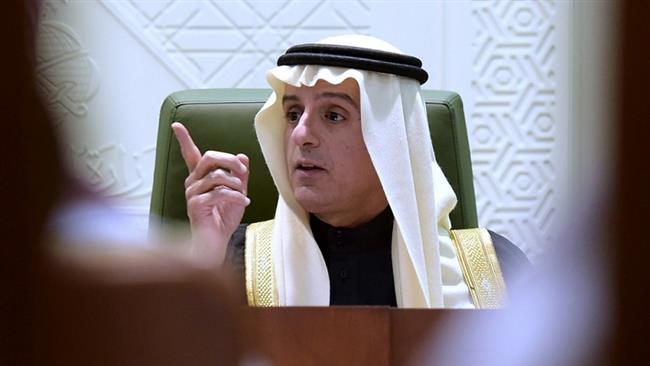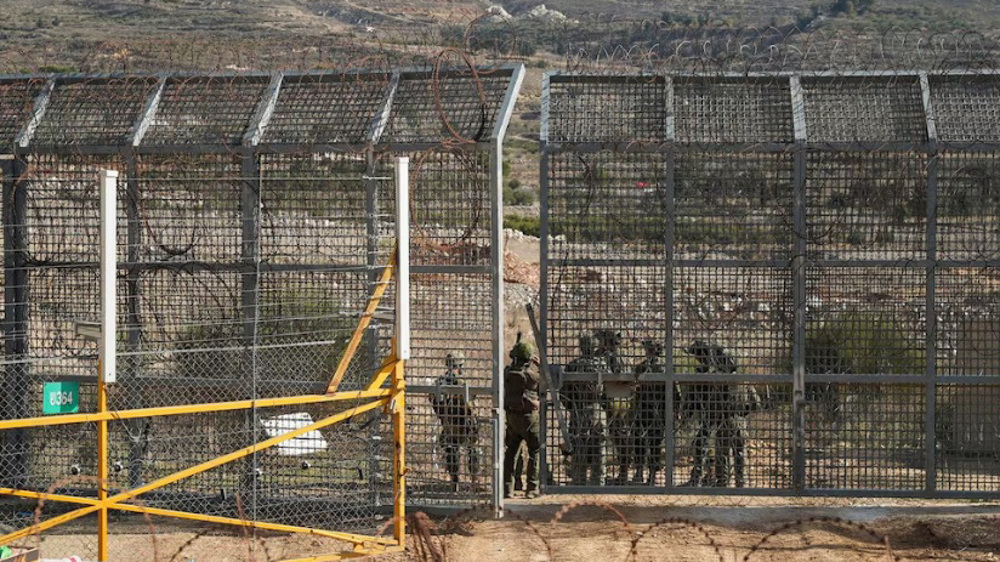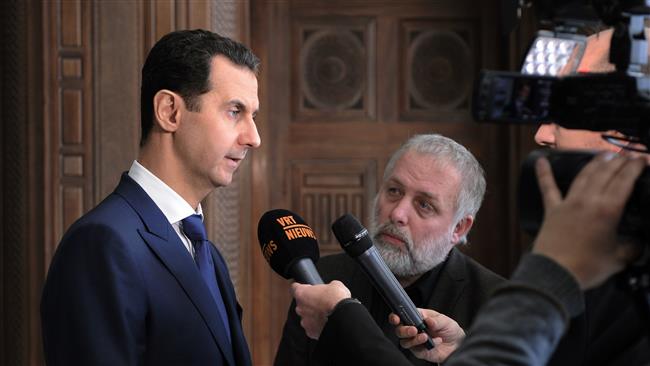Riyadh may send forces to Syria to back US campaign against Daesh: Saudi FM
Saudi Arabia says it is ready to support the United States in its so-called war against the Daesh Takfiri terrorist group in Syria by sending ground troops and special forces to the war-torn Arab country.
Saudi Foreign Minister Adel al-Jubeir made the remarks in an exclusive interview with the German newspaper Süddeutsche Zeitung published on Monday, adding that there were consultations with the Americans to “find out what the plan is and what you need to implement it.”
He also stated that along with Riyadh, other Persian Gulf Arab “countries” were also “ready to allocate forces to fight on the US side,” without giving further details about the potential military initiative.
Since 2014, the United States has been leading a campaign in Syria and neighboring Iraq with the declared objective of hitting Daesh.
Elsewhere in his remarks, the Saudi foreign minister said the “main idea is that” the territories liberated from the grips of Daesh must be handed over to the armed foreign-backed Syrian opposition groups to prevent the Lebanese Hezbollah resistance movement, Iran and the Syrian government from wresting control of them.
Jubeir also reiterated Riyadh’s stance regarding Syrian President Bashar al-Assad, saying he must step down, claiming that the upcoming Geneva peace talks was to organize the political transition to the establishment of a “new Syria without Assad.”
A fresh round of UN-led negotiations is scheduled to be held in Geneva, Switzerland, on Thursday, involving the Syrian government and representatives from armed opposition groups.
Damascus has repeatedly blamed the six-year-old militancy in Syria on some Western states and their regional allies, including Qatar and Saudi Arabia.

Jubeir’s comments come as the Saudi regime has been engaged in a full-scale unsuccessful campaign against its southern impoverished neighbor Yemen since March 2015, in an attempt to bring back to power Yemen’s President Abd Rabbuh Mansour Hadi, who has resigned, and undermine the popular Houthi Ansarullah movement.
The campaign has killed at least 11,400 Yemenis, according to the latest tallies, and has taken a heavy toll on the country’s facilities and infrastructure, destroying many hospitals, schools, and factories.
Earlier in February, three United Nations agencies announced that the number of food-insecure people in Yemen had risen by three million during the past seven months, reaching an estimated 17.1 million and exceeding two-thirds of the entire population of 27.4 million.
Iran’s economy grew 2.7% y/y in Sep quarter: CBI
VIDEO | Freelancers in Gaza strive to stay online amid genocide
Mikati demands Israel's withdrawal from south Lebanon
Yemeni army strikes Israeli military sites with drones
‘Clock ticking’: UNRWA slams unjustifiable killing of children in Gaza
BP to be sued in Britain for supplying oil to Israel
VIDEO | Press TV's news headlines
Israeli strikes on north Gaza hospital ‘extremely dangerous, terrifying’: Director















 This makes it easy to access the Press TV website
This makes it easy to access the Press TV website